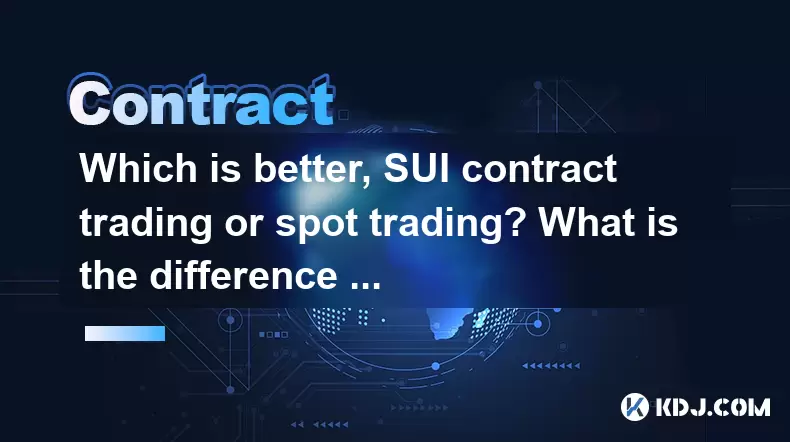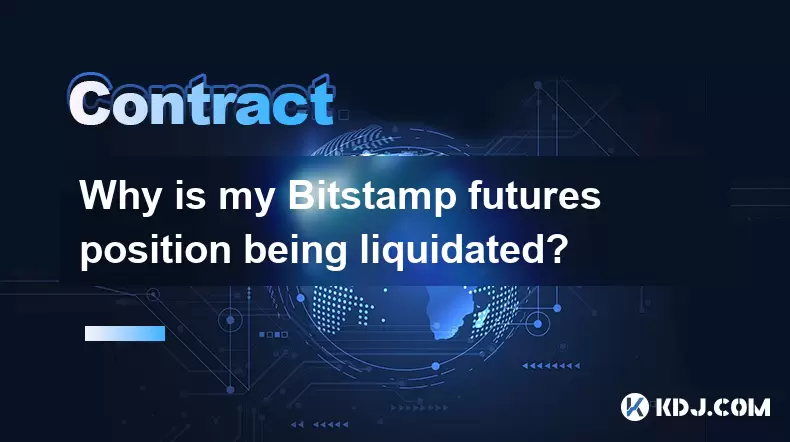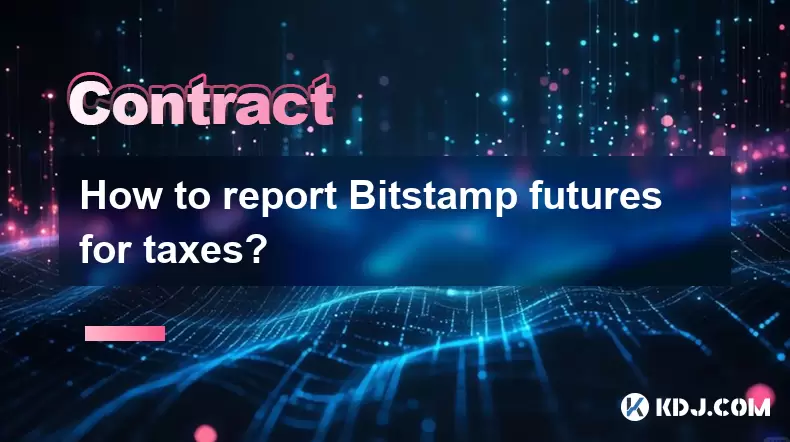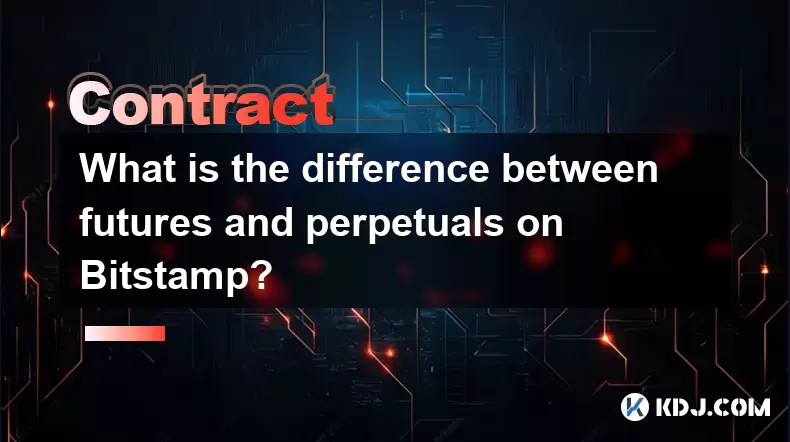-
 Bitcoin
Bitcoin $116200
1.84% -
 Ethereum
Ethereum $3841
6.86% -
 XRP
XRP $3.070
4.25% -
 Tether USDt
Tether USDt $1.000
0.02% -
 BNB
BNB $774.4
1.72% -
 Solana
Solana $172.3
5.17% -
 USDC
USDC $0.9999
0.01% -
 Dogecoin
Dogecoin $0.2136
6.85% -
 TRON
TRON $0.3391
1.21% -
 Cardano
Cardano $0.7667
5.76% -
 Hyperliquid
Hyperliquid $39.10
4.30% -
 Sui
Sui $3.724
9.37% -
 Stellar
Stellar $0.4139
5.86% -
 Chainlink
Chainlink $17.35
6.09% -
 Bitcoin Cash
Bitcoin Cash $573.7
2.52% -
 Hedera
Hedera $0.2518
5.39% -
 Ethena USDe
Ethena USDe $1.001
0.02% -
 Avalanche
Avalanche $22.68
3.57% -
 Litecoin
Litecoin $120.4
3.89% -
 UNUS SED LEO
UNUS SED LEO $8.951
-0.40% -
 Toncoin
Toncoin $3.312
4.62% -
 Shiba Inu
Shiba Inu $0.00001263
4.23% -
 Uniswap
Uniswap $10.14
6.89% -
 Polkadot
Polkadot $3.778
5.04% -
 Dai
Dai $1.000
0.01% -
 Monero
Monero $276.9
-4.52% -
 Bitget Token
Bitget Token $4.394
1.57% -
 Cronos
Cronos $0.1475
6.05% -
 Pepe
Pepe $0.00001081
5.27% -
 Aave
Aave $274.5
7.59%
Which is better, SUI contract trading or spot trading? What is the difference between the two?
SUI contract trading uses leverage for higher returns and short selling, while spot trading offers ownership and lower risk, ideal for long-term holding.
May 11, 2025 at 10:15 am

When considering whether to engage in SUI contract trading or spot trading, it's crucial to understand the fundamental differences between the two and assess which aligns better with your investment goals and risk tolerance. Let's delve into a detailed comparison of SUI contract trading and spot trading, exploring their mechanics, benefits, and potential risks.
What is SUI Contract Trading?
SUI contract trading, also known as futures trading, involves entering into a contract to buy or sell SUI at a predetermined future date and price. This type of trading allows investors to speculate on the future price movements of SUI without actually owning the cryptocurrency.
- Leverage: One of the key features of contract trading is the ability to use leverage. This means traders can control a larger position with a smaller amount of capital, amplifying both potential gains and losses.
- Expiration Dates: Contracts have expiration dates, and traders must decide whether to settle the contract or roll it over to a new one.
- Margin Requirements: To open a contract position, traders must post a margin, which is a fraction of the total contract value.
What is SUI Spot Trading?
SUI spot trading involves the immediate exchange of SUI for another asset, typically a fiat currency or another cryptocurrency. In spot trading, the transaction is settled instantly, and the trader takes ownership of the asset.
- Ownership: When you engage in spot trading, you actually own the SUI you purchase, and you can hold it in your wallet.
- No Expiration: Unlike contracts, spot trades do not have an expiration date. You can hold your SUI for as long as you wish.
- No Leverage: Spot trading typically does not involve leverage, meaning you can only trade with the capital you have on hand.
Key Differences Between SUI Contract Trading and Spot Trading
Understanding the key differences between these two trading methods is essential for making informed decisions.
- Ownership vs. Speculation: In spot trading, you own the actual SUI tokens, whereas in contract trading, you are speculating on the price movement without owning the underlying asset.
- Leverage: Contract trading offers the use of leverage, which can significantly increase both potential profits and losses. Spot trading does not typically involve leverage.
- Risk Management: Contract trading can be riskier due to the use of leverage and the need to manage margin requirements. Spot trading is generally considered less risky as it involves direct ownership and no leverage.
- Market Exposure: Contract trading allows for greater market exposure with less capital, while spot trading requires more capital to achieve the same level of exposure.
Benefits of SUI Contract Trading
Contract trading offers several advantages that may appeal to certain types of investors.
- Higher Potential Returns: The use of leverage in contract trading can lead to higher potential returns compared to spot trading.
- Short Selling: Contract trading allows for short selling, enabling traders to profit from falling prices, which is not typically possible in spot trading.
- Hedging: Investors can use contract trading to hedge their existing SUI holdings against potential price drops.
Benefits of SUI Spot Trading
Spot trading also has its own set of advantages that may be more suitable for other types of investors.
- Lower Risk: Without leverage, spot trading is generally considered less risky than contract trading.
- Long-term Holding: Spot trading is ideal for investors who want to hold SUI for the long term, as they actually own the asset.
- Simplicity: Spot trading is straightforward and does not involve the complexities of managing contracts and margin requirements.
Risks Associated with SUI Contract Trading
While contract trading can offer higher potential returns, it also comes with significant risks that traders must be aware of.
- Leverage Risk: The use of leverage can amplify losses, potentially leading to the loss of the entire investment.
- Margin Calls: If the market moves against your position, you may receive a margin call, requiring you to deposit additional funds to maintain your position.
- Volatility: Cryptocurrency markets are highly volatile, and this can be particularly dangerous in contract trading due to the use of leverage.
Risks Associated with SUI Spot Trading
Although spot trading is generally considered less risky, it still carries its own set of potential pitfalls.
- Market Risk: The value of SUI can fluctuate significantly, and investors can lose money if the price drops.
- Liquidity Risk: In some cases, there may be challenges in buying or selling large amounts of SUI quickly without affecting the market price.
- Security Risk: Holding SUI in a digital wallet exposes you to the risk of hacks and theft.
How to Get Started with SUI Contract Trading
If you decide that contract trading is the right choice for you, here are the steps to get started:
- Choose a Trading Platform: Select a reputable exchange that offers SUI futures trading. Ensure the platform is secure and user-friendly.
- Open an Account: Register for an account on the chosen platform and complete the necessary verification processes.
- Deposit Funds: Fund your account with the required capital to start trading. This will serve as your margin for opening contract positions.
- Understand the Contract Specifications: Familiarize yourself with the contract terms, including the expiration date, size, and margin requirements.
- Place a Trade: Decide whether you want to go long (buy) or short (sell) on SUI, and place your trade accordingly. Monitor your position and manage your risk effectively.
How to Get Started with SUI Spot Trading
If you prefer spot trading, here are the steps to begin:
- Select a Cryptocurrency Exchange: Choose a reliable exchange that offers SUI spot trading. Consider factors such as fees, security, and user interface.
- Create an Account: Sign up for an account on the exchange and complete any required KYC (Know Your Customer) verification.
- Deposit Funds: Add funds to your account, either in fiat currency or another cryptocurrency, to purchase SUI.
- Place a Spot Order: Decide on the amount of SUI you want to buy and place a spot order. You can choose between a market order, which executes immediately at the current market price, or a limit order, which executes at a specified price.
- Secure Your SUI: Once you've purchased SUI, consider transferring it to a secure wallet for long-term storage if you plan to hold it for an extended period.
Frequently Asked Questions
Q: Can I switch between SUI contract trading and spot trading on the same platform?
A: Some platforms offer both contract and spot trading for SUI, allowing you to switch between the two as needed. However, it's important to check with your chosen exchange to confirm their offerings and any potential restrictions.
Q: How does taxation differ between SUI contract trading and spot trading?
A: Taxation on SUI contract trading and spot trading can vary depending on your jurisdiction. Generally, profits from contract trading may be treated as capital gains or income, while spot trading profits are typically considered capital gains. It's advisable to consult with a tax professional to understand the specific tax implications in your region.
Q: Are there any specific strategies that work better for SUI contract trading compared to spot trading?
A: Yes, certain strategies are more suited to contract trading due to the use of leverage and the ability to short sell. For example, scalping and day trading can be effective in contract trading, while long-term holding and dollar-cost averaging are more common in spot trading. The choice of strategy depends on your risk tolerance and investment goals.
Q: How do I manage risk in SUI contract trading?
A: Risk management in SUI contract trading involves setting stop-loss orders, using appropriate leverage levels, and maintaining adequate margin to avoid margin calls. It's also crucial to stay informed about market trends and adjust your positions accordingly.
Disclaimer:info@kdj.com
The information provided is not trading advice. kdj.com does not assume any responsibility for any investments made based on the information provided in this article. Cryptocurrencies are highly volatile and it is highly recommended that you invest with caution after thorough research!
If you believe that the content used on this website infringes your copyright, please contact us immediately (info@kdj.com) and we will delete it promptly.
- Ollama Turbo & GPT-OSS: Revolutionizing AI Model Accessibility and Speed
- 2025-08-07 20:29:33
- Bitcoin Ordinals: NFTs Evolving Bitcoin or a Fleeting Fad?
- 2025-08-07 20:29:33
- BlockchainFX, Bitcoin Swift, Crypto Presales: What's the Hype?
- 2025-08-07 19:10:13
- Pepe Dollar (PEPD) vs. SPX6900: The Meme Coin Battle of 2025
- 2025-08-07 19:50:12
- XRP Investment Regret: Are You Missing Out on the Next Big Thing?
- 2025-08-07 19:50:12
- XRPINU: More Than Just a Meme? Roadmap, Liquidity, and the Future of Funny Money
- 2025-08-07 19:56:46
Related knowledge

What programming languages are used for smart contracts?
Aug 07,2025 at 06:07pm
Understanding Smart Contracts and Their Execution EnvironmentSmart contracts are self-executing programs deployed on blockchain networks that automati...

What is a long position in crypto contracts?
Aug 07,2025 at 06:29pm
Understanding the Concept of a Long Position in Crypto ContractsA long position in crypto contracts refers to a trading strategy where a trader buys a...

Why is my Bitstamp futures position being liquidated?
Jul 23,2025 at 11:08am
Understanding Futures Liquidation on BitstampFutures trading on Bitstamp involves borrowing funds to open leveraged positions, which amplifies both po...

How to report Bitstamp futures for taxes?
Jul 30,2025 at 08:35am
Understanding Bitstamp Futures and Taxable EventsWhen trading Bitstamp futures, it’s essential to recognize that these financial instruments are treat...

Does Bitstamp offer inverse contracts?
Jul 23,2025 at 01:28pm
Understanding Inverse Contracts in Cryptocurrency TradingIn the realm of cryptocurrency derivatives, inverse contracts are a specific type of futures ...

What is the difference between futures and perpetuals on Bitstamp?
Jul 27,2025 at 05:08am
Understanding Futures Contracts on BitstampFutures contracts on Bitstamp are financial derivatives that allow traders to speculate on the future price...

What programming languages are used for smart contracts?
Aug 07,2025 at 06:07pm
Understanding Smart Contracts and Their Execution EnvironmentSmart contracts are self-executing programs deployed on blockchain networks that automati...

What is a long position in crypto contracts?
Aug 07,2025 at 06:29pm
Understanding the Concept of a Long Position in Crypto ContractsA long position in crypto contracts refers to a trading strategy where a trader buys a...

Why is my Bitstamp futures position being liquidated?
Jul 23,2025 at 11:08am
Understanding Futures Liquidation on BitstampFutures trading on Bitstamp involves borrowing funds to open leveraged positions, which amplifies both po...

How to report Bitstamp futures for taxes?
Jul 30,2025 at 08:35am
Understanding Bitstamp Futures and Taxable EventsWhen trading Bitstamp futures, it’s essential to recognize that these financial instruments are treat...

Does Bitstamp offer inverse contracts?
Jul 23,2025 at 01:28pm
Understanding Inverse Contracts in Cryptocurrency TradingIn the realm of cryptocurrency derivatives, inverse contracts are a specific type of futures ...

What is the difference between futures and perpetuals on Bitstamp?
Jul 27,2025 at 05:08am
Understanding Futures Contracts on BitstampFutures contracts on Bitstamp are financial derivatives that allow traders to speculate on the future price...
See all articles

























































































